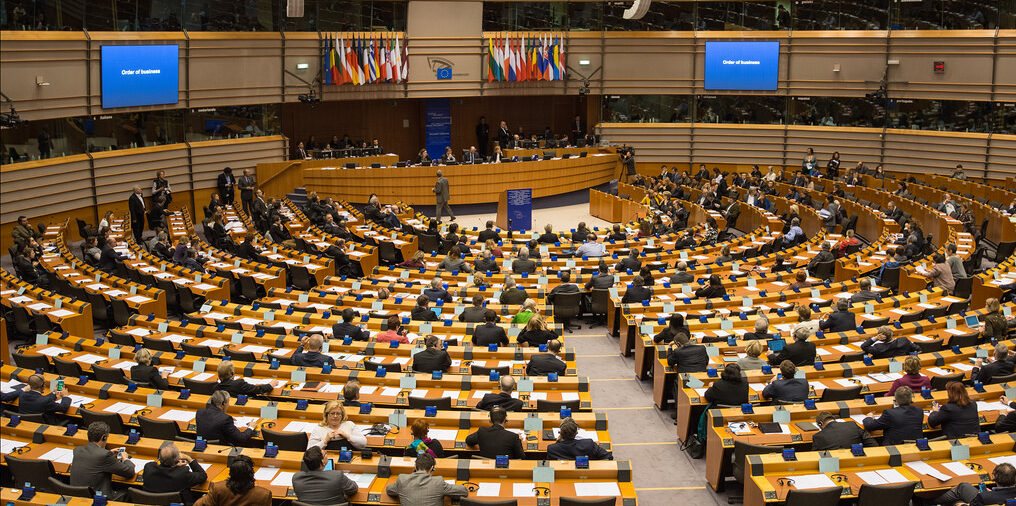On Wednesday, 16 September, MEPs cast a final vote on the Just Transition Fund (JTF) to establish Parliament’s final position for negotiations with the European Council. First proposed in January this year, the JTF is designed to mitigate the social impacts of those in coal regions most affected by the transition from fossil fuels to clean, sustainable energy sources.
The JTF’s legislative journey has been far from smooth. The Fund’s amount has been revised three times, from EUR 7.5bn, to 40bn and now 17.5bn. In July, the Committee on Regional Development-first responsible for this file, voted in favour of reintroducing gas to the list of possible investments that can be supported by the Fund. Unfortunately, last Wednesday the Parliament followed suit and voted for the JTF not to fully exclude fossil fuels from the scope of the Fund. This comes less than a year after the same Parliament gave its full support to the climate objectives outlined by the Commission’s European Green Deal.
In a further sense of bitter irony, Commission President Ursula Von de Leyen announced the very same day the decision to increase the European target for GHG emissions reductions to 55% by 2030 (a proposal that was initially put forward by Parliament, who wanted the Commission to increase the target from 50% to 55%).
But how ‘just’ can this Fund still be, given that public money may now be used to support the fossil fuel industry – those responsible for creating the need for a just transition in the first place? Can it still be deemed ‘just’ if these much needed funds are diverted away from those citizens who require the most support for dealing with the economic and social burden of the transition?
Bankwatch published our position outlining the lack of safeguards in the JTF in March this year, where we highlighted that fossil fuels, in particular natural gas, will have a nonexistent role in energy production after 2035. This was further reiterated during Bankwatch’s submission to the JTF public consultation, where we noted that in less than 15 years, natural gas will become a stranded asset in energy production if the objectives of the Paris Agreement are respected. These concerns have been validated by a CAN Europe report, which revealed that more than 10% of the Fund will go to the four countries that plan to phase out coal by 2030 via a significant increase in fossil gas use.
A truly ‘Just’ Transition Fund would instead focus on investing entirely in sustainable technologies that also create long-lasting jobs, something that will be severely hindered by Parliament’s latest decision.
Looking ahead, this now sets a precarious course for ongoing negotiations on the next EU long term 2021-2027 budget and recovery measures, especially given an unprecedented 30% of this will now be allocated to climate related spending. In particular, the Recovery and Resilience Facility and Cohesion policy regulations which are worth EUR 900 billion will also see heated debate over excluding fossil fuels from their supported activities. The spotlight will now turn to whether Parliament will repeat the same mistake again.
Regardless of the outcome of these negotiations, Parliament now finds itself in the awkward position of being the least green EU institution, and risks being held responsible for failing to deliver on the Green New Deal objectives and the Paris agreement that it vowed to support.
Never miss an update
We expose the risks of international public finance and bring critical updates from the ground – straight to your inbox.
Institution: EU funds
Theme: Just transition | EU funds
Project: Fossil gas | Just transition
Tags: EU funds | Just transition fund | just transition

